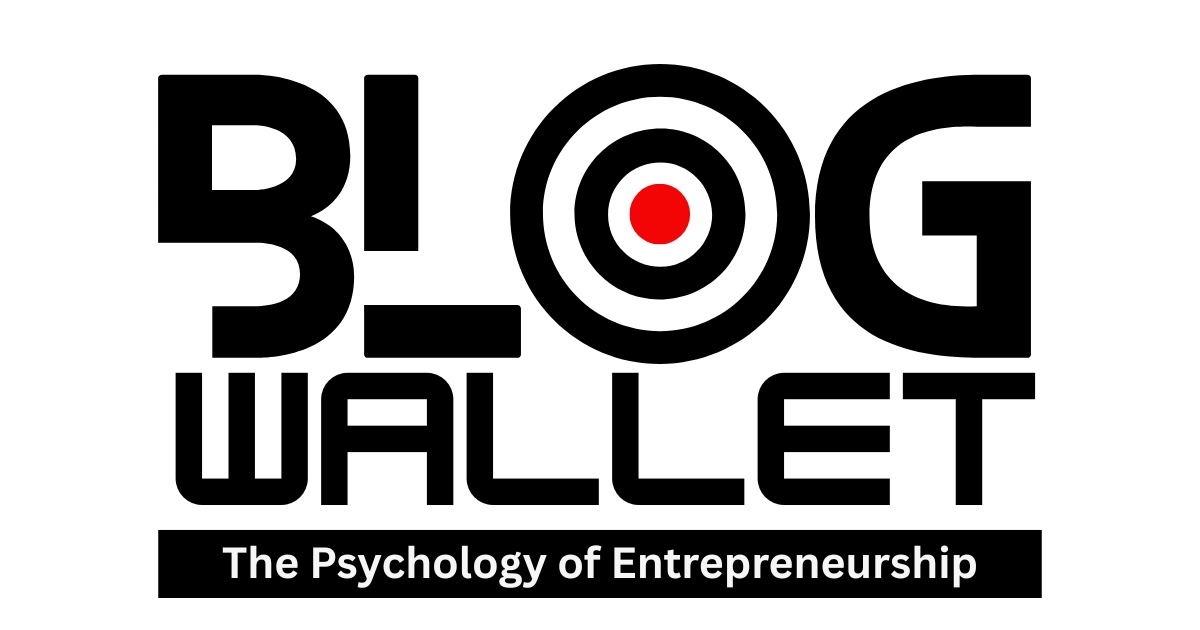
Never underestimate the importance of setting realistic deadlines when freelancing. Over the years, I’ve seen countless freelancers struggle because they mismanage their time. The issue isn’t just about getting projects done — it’s about maintaining professionalism and credibility. When deadlines are unrealistic, it leads to stress and disappointment for everyone involved.
1. Understand Your Capacity
Your first step is to assess how much work you can handle. I’ve often overcommitted, thinking I could juggle multiple projects without a hitch. That’s a mistake. Know your limits before you promise anything.
2. Break Projects into Phases
Chunking work into smaller segments can make deadlines feel more manageable. I’ve learned that setting mini-deadlines for each phase keeps me on track and allows for adjustments if needed. It’s important to stay flexible.
3. Factor in Buffer Time
Always add a cushion to your deadlines. Unexpected issues arise — technology fails, clients change their minds. I’ve found that giving myself extra time helps me deliver quality work without the last-minute panic.
4. Communicate with Clients
Transparency is key. When I’m upfront about my timelines, clients appreciate it. They’re more likely to understand if things take longer than expected. It builds trust and keeps everyone on the same page.
5. Learn from Past Projects
Reflect on previous deadlines. What went well? What didn’t? I’ve taken notes on my own timelines to help inform future estimates. Learning from experience is vital for refining your process.
6. Use Tools and Technology
Project management tools can be a game changer. I rely on software that helps me track my progress and deadlines. It keeps me organized and accountable, making it easier to meet commitments.
7. Don’t Overpromise
It’s tempting to impress clients with quick turnaround times. I’ve fallen into that trap, only to regret it later. Setting realistic timelines is far more impressive than rushing and missing the mark.
8. Prioritize Your Workload
Not all tasks are created equal. I’ve learned to prioritize based on urgency and importance. When you know what needs immediate attention, you can allocate your time effectively.
9. Be Prepared to Say No
Sometimes, you have to turn down work. I’ve realized that saying no to unrealistic requests is crucial for maintaining quality. Protecting your time and energy should always come first.
10. Reassess Regularly
Check in with yourself and your projects regularly. I’ve found that taking a moment to evaluate progress helps me adjust my timelines as necessary. Staying aware of your pace can prevent burnout.
11. Respect Your Own Time
Remember that your time is valuable. I’ve made the mistake of undervaluing my hours, only to end up overwhelmed. Set deadlines that respect both your work and your well-being.
12. Accept Imperfection
Not every project will go smoothly. I’ve encountered hiccups that required adjustments. Accepting that imperfection is part of the process can ease the pressure and allow for better results.
Bottom line: Set realistic deadlines that reflect your capabilities and respect your time. Freelancing is about more than just meeting deadlines — it’s about sustaining a professional reputation and delivering quality work.



